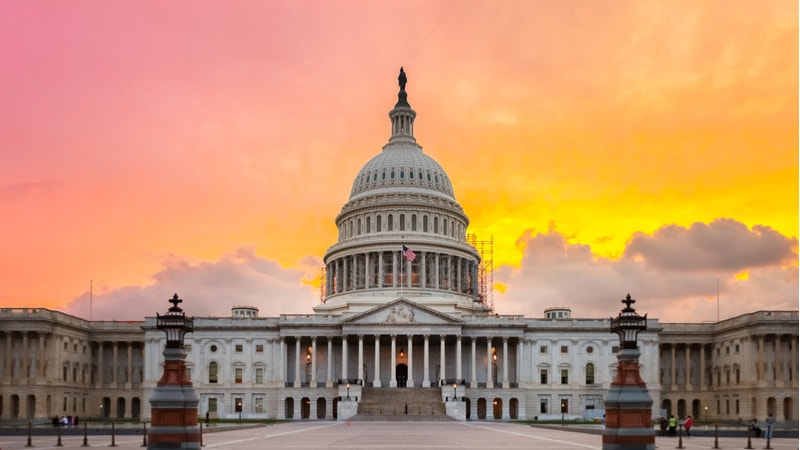
The House Select Committee on the Modernization of Congress approved its fifth and final package of recommendations last week to “to make Congress work better for the American people.”
The final round of recommendations passed on Sept. 24 includes 40 new recommendations. Over the last 20 months, the committee has approved 97 recommendations in total. The latest recommendations cover a wide array of topics, including improving IT modernization efforts, expanding congressional technology staff, overhauling the budget process, and piloting alternative hearing formats.
On IT modernization efforts, the committee urged Congress to:
- Improve technology and continuity in Congress;
- Establish a Congressional Digital Services Task Force to examine the need for and role of a specialized group of technologists, designers, and others to support the House’s internal and public facing operations;
- Make permanent the Bulk Data Task Force and rename it the Congressional Data Task Force; and
- Increase capacity for policy staff, especially for committees, policy support organizations, and a restored Office of Technology Assessment.
In terms of the budgeting process, the committee recommended some fairly drastic changes, among them:
- Require an annual Fiscal State of the Nation;
- Require a biennial budget resolution;
- Implement a deadline for Congress to complete action on a biennial budget;
- Enhance the budget submission process from the executive branch;
- Evaluate the effects of the biennial budget process to expediting congressional work;
- Strengthen budget enforcement through the reconciliation process;
- Allow more information to be included in the budget resolution; and
- Identify administrative inefficiencies
The committee also identified additional opportunities for modernization in the Capitol, mainly regarding congressional hearings. Those include:
- Incentivize committees to experiment with alternative hearing formats to encourage more bipartisan participation;
- Committees should hire bipartisan staff approved by both the chair and ranking member to promote strong institutional knowledge, evidence-based policymaking, and a less partisan oversight agenda;
- Committees should hold bipartisan pre-hearing committee meetings;
- Encourage subcommittees to pilot rules changes that could have a positive effect committee-wide; and
- Facilitate a true system of checks and balances by ensuring the legislative branch is sufficiently represented in the courts.
The committee was created with bipartisan support at the start of the 116th Congress in 2019. Since March of that year, the committee held 16 hearings, six virtual discussions, and member and staff-level briefings and listening sessions to solicit ideas and recommendations for reforming the legislative branch.
